Stoltenberg: NATO takes ‘dual track’ approach to Russia
By DW
14 January 2022 |
4:19 pm
NATO Secretary-General Jens Stoltenberg told DW that the military alliance was committed to its "dual track" approach to Russia and would continue both pursuing dialogue and preparing for a confrontation.
In this article
Related
Related
1 day ago
India's mammoth elections are now under way, with Prime Minister Narendra Modi widely expected to win a third term. Since coming to power in 2014, Modi has expanded subsidy programmes for the poor and women. These programmes include measures like equipping homes with butane gas by offering free cylinders or distributing free food rations. Some 60 percent of the population benefits from Modi’s food distribution scheme, which he has pledged to renew for another five years. Another success story is the nationwide rollout of digital payment services. Meanwhile, critics say the prime minister is eroding democracy by targeting opposition parties and controlling the media.
1 day ago
A world record of 969 million citizens are called to the polls for what some see as a referendum on one man. India is about to embark on the world's biggest election, staggered over seven weeks, with Narendra Modi’s Hindu nationalist BJP expected to extend its solid lead in parliament. Modi has been pointing to a decade of unprecedented growth and power for a nation courted by the West and beyond.
1 day ago
India's mammoth elections are now under way, with Prime Minister Narendra Modi widely expected to win a third term. Since coming to power in 2014, Modi has expanded subsidy programmes for the poor and women.
2 hours ago
Three French diplomats were given 48 hours to leave Burkina Faso on Thursday after being declared persona non grata by the ruling junta. The trio have been accused of "subversive activities", allegations that Paris denies. Relations between the two countries have been unravelling since 2022, when Burkina Faso saw its second coup in less than nine months.
7 hours ago
Iranian state media have reported loud explosions in the sky near the central city of Isfahan. Tehran says say its air defense systems were activated at a nearby military base and a nuclear facility.
7 hours ago
In this week’s special edition of Access Asia, we focus on India as the country's record-breaking election gets under way. In the past few years, India's ranking in the World Press Freedom Index has plummeted.
Latest
2 mins ago
Studying microbes at crime scenes could aid forensic pathologists in better determining potential suspects and confirming or refuting alibis in suspected murder cases, particularly when the time of death is unclear.
2 mins ago
We look at reactions as Indians prepare to vote in mammoth elections. Prime Minister Narendra Modi is hailed for having elevated India to the international stage, but criticised for curbing the rights of minorities.
1 hour ago
Clashes between the Sudanese army and its rival paramilitary have killed at least 25 civilians in the North Darfur town of El-Fasher, a pro-democracy lawyers committee said Tuesday. FRANCE 24's Olivia Bizot reports from Nairobi, Kenya.
1 hour ago
Croatia is holding polls marked by a bitter campaign between the present heads of state and government as candidates. The elections could determine whether the EU nation moves toward Moscow or remains pro-West.
1 hour ago
Millions of people were under extreme weather warnings in Pakistan. At least 50 people were killed by lightning and thunderstorms across the country in the last four days.
1 hour ago
A Kenyan national flag flies at half mast in Nairobi on April 19, 2024, in honor of its defense chief General Francis Omondi Ogolla and nine other senior military officers who were killed in a helicopter crash.
×

Get the latest news delivered straight to your inbox every day of the week. Stay informed with the Guardian’s leading coverage of Nigerian and world news, business, technology and sports.


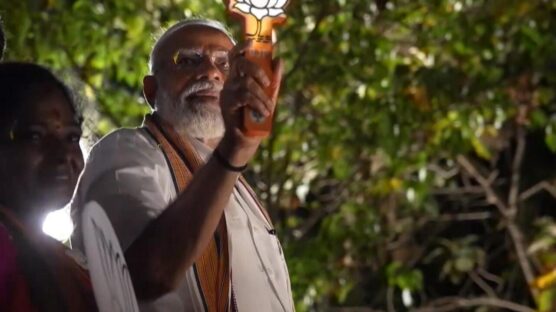

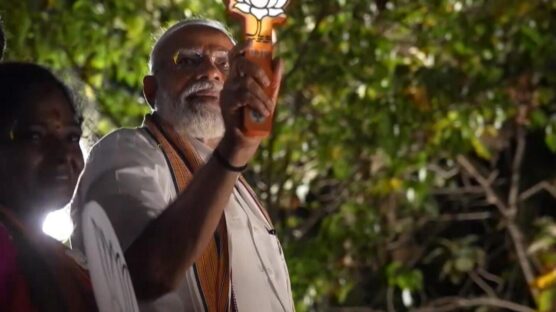
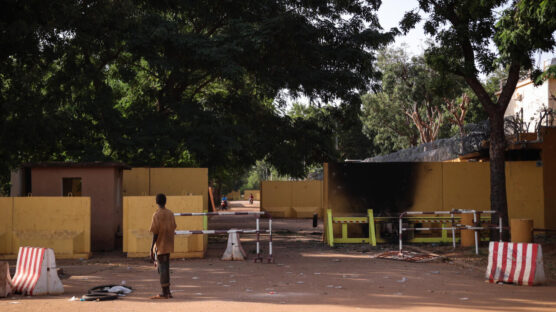
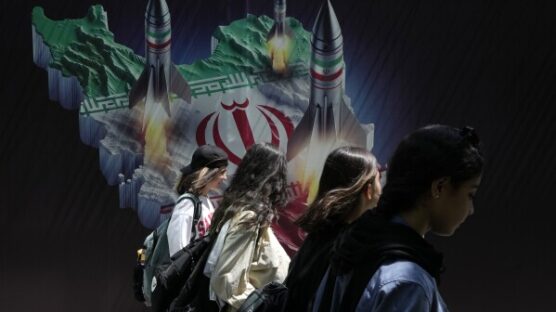
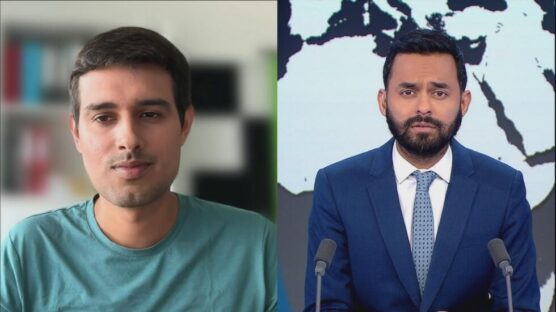




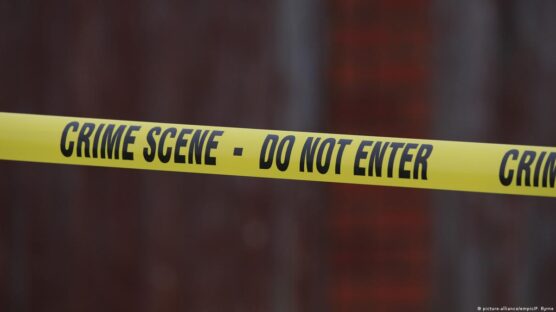
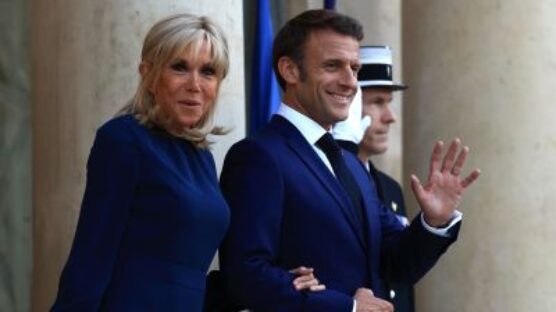
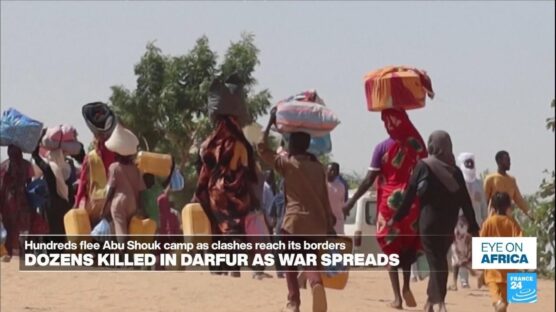
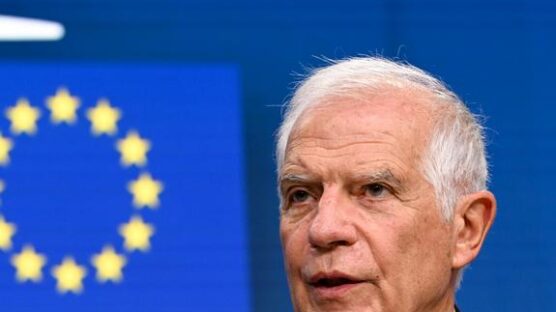
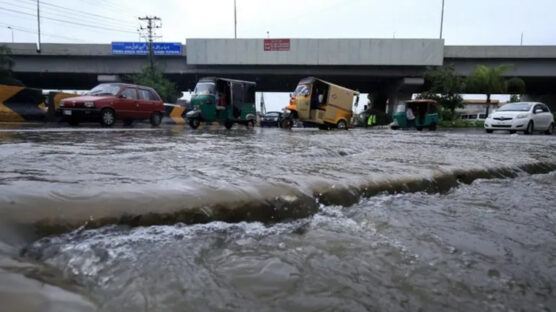
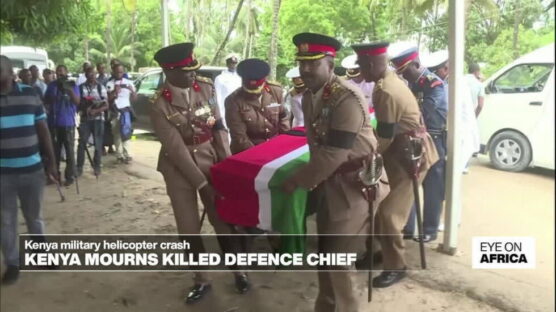
0 Comments
We will review and take appropriate action.